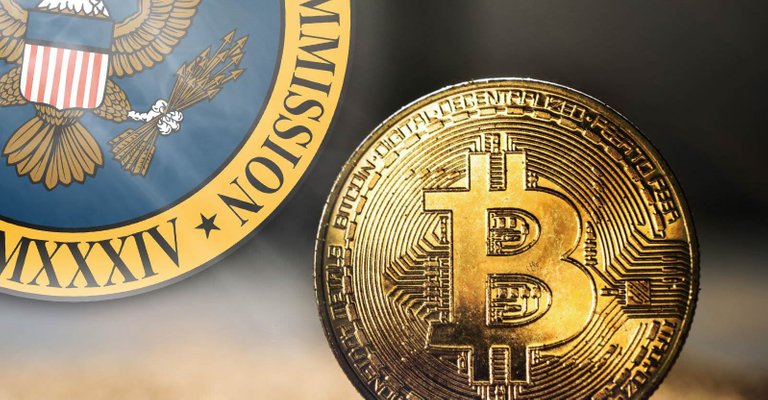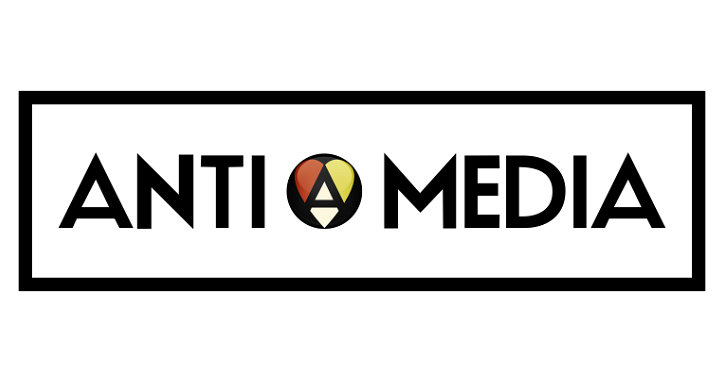
A federal crackdown may be looming over the cryptocurrency world.
On Wednesday, the Securities and Exchange Commission (SEC) published a warning on “potentially unlawful” online platforms used to trade digital assets.
“The SEC staff has concerns that many online trading platforms appear to investors as SEC-registered and regulated marketplaces when they are not,” the statement read. “Many platforms refer to themselves as ‘exchanges,’ which can give the misimpression to investors that they are regulated or meet the regulatory standards of a national securities exchange.”
Continuing, the SEC questioned the standards used by platform operators when choosing which assets to trade:
“Although some of these platforms claim to use strict standards to pick only high-quality digital assets to trade, the SEC does not review these standards or the digital assets that the platforms select, and the so-called standards should not be equated to the listing standards of national securities exchanges.”
The regulatory body also suggests the operating framework of some online platforms lacks the “integrity” of exchanges governed by federal rules:
“Many of these platforms give the impression that they perform exchange-like functions by offering order books with updated bid and ask pricing and data about executions on the system, but there is no reason to believe that such information has the same integrity as that provided by national securities exchanges.”
The statement triggered a sharp selloff in cryptocurrency markets, with the top dog, Bitcoin, dropping to below $10,000. That puts it roughly 50 percent down from its peak of nearly $20,000 back in December.
This reaction by investors isn’t difficult to understand.
As the cryptocurrency movement has significantly gained steam over the last couple of years, governments and traditional financial regulatory agencies have struggled to come to terms with how to address the “Wild West” nature of digital assets.
A main point of contention among regulators is that most of the initial coin offerings (ICOs) used by startups strongly resemble stock offerings. As such, their reasoning goes, cryptocurrencies should be treated as securities and both the coins and the ICOs should fall under federal regulation.
But the idea of regulation runs contrary to the driving force that made cryptocurrencies so popular in the first place. Naturally, with the SEC issuing such warnings on digital exchanges, investors might be scared away. As Ars Technica explained on Wednesday:
“The cryptocurrency boom has largely been driven by the craze for ICOs — many of which might not pass muster with the SEC. If the SEC starts insisting that exchanges drop tokens that amount to unregistered securities, it could quickly deflate the value of many of those tokens — and also destroy enthusiasm for future ICOs that could run afoul of the same rules.”
Taken in the larger context, the SEC statement reeks of fear. This is perhaps best encapsulated by its closing paragraph:
“We encourage market participants who are employing new technologies to develop trading platforms to consult with legal counsel to aid in their analysis of federal securities law issues and to contact SEC staff, as needed, for assistance in analyzing the application of the federal securities laws.”
The federal government wants — rather, it needs — to have a say in how the trading of digital assets operates. Without an official hand in the game, it risks obsolescence.
Don’t forget, as Anti-Media reported Tuesday, the Marshall Islands just became the first country in the world to adopt a cryptocurrency as legal tender. Venezuela has also ventured into the fray, with the rollout of its recently created digital currency, the oil-backed “petro,” proceeding as planned.
As with technology in general, the cryptocurrency movement is an ever-evolving organism. No one truly knows what the landscape will look like in the future. At present, however, one thing is becoming increasingly clear: Regulators, whichever way they fall on the issue, are feeling the pressure to act — and act now.

The Homepage of Independent Media
I'm concerned mostly about the "need" to regulate crypto's globally, that the creature Christine LeGarde is calling for. Then we'll see some panic!
I am no fan of government intrusion into crypto but then again the crypto eco-system appears to have shown no interest in any kind of self-regulation. There is a huge amount of scamming going on in the crypto world which needs to be addressed by the community at large.
"The federal government wants — rather, it needs — to have a say in how the trading of digital assets operates. Without an official hand in the game, it risks obsolescence."
yep. Apparently they haven't figured out the definitely to "Decentralized" yet ;>)
d

This crypto evolution is not primarily for the west, but for those who are excluded by the traditional banking systems of the world. Because of that, this is their (3rd world) asset class. The regulators will scare the 1.5 billion of us who they have control over into compliance, but will ignore the other 5.5 billion. The result will be a metaphorical "United States of Africa" that rises up in defiance of the old guard. The regulators can't control the whole world which is why they will end up isolated in their gilded cage.
Sounds pretty desperate, indeed. A big part of why I chose to invest in cryptocurrency was not having to deal with things such as the SEC, so don't expect to see any of my info for extortion purposes about it.
Yep. How long has wall street been regulated yet consumers are constantly being scammed...
Nice read, very well explained how SEC uses the "law" to mask fear over loss of control.
Time to change DEX to DTP - Decentralized Trade Platform.
Problem solved.
SEC scaring all the non-believer investors away.
Do i say thank you?
Great article.
I like this. Followed you
The SEC can't be serious, exchanges are not trying to appear regulated at all. This is nothing more than the SEC trying to get their piece of the action.
"but there is no reason to believe that such information has the same integrity as that provided by national securities exchanges.”"
The same exchanges were hedge funds spend large amounts ensuring their offices are closer to the exchange servers in order to gain advantages of others?
Any certainty will be good, once we know where the regulators stand we can act accordingly.
It seems to me that a statement on the exchange web sites to the effect, "not regulated by SEC (or whatever)," would cover them. But, I am not a legal beagle, so, what do I know? ;)